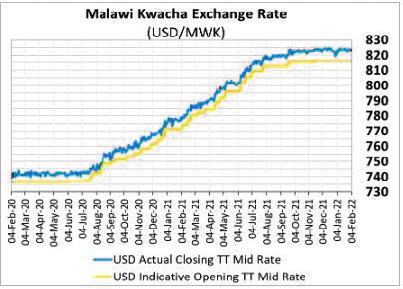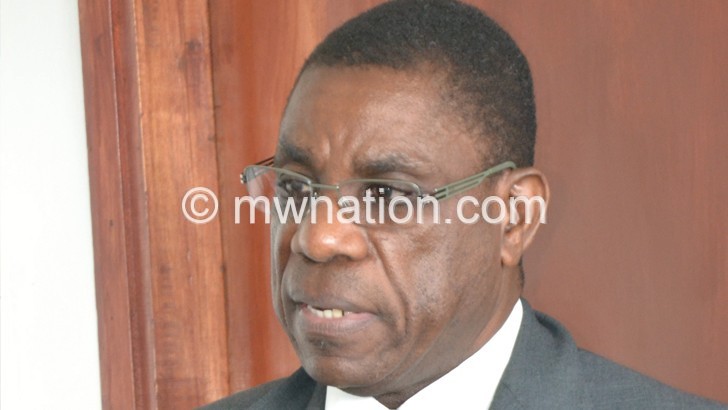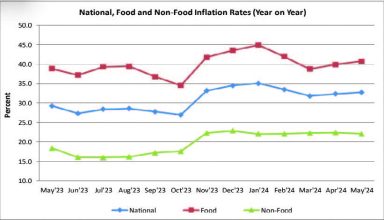Economic challenges stifle SMEs operations
Rising inflation and interest rates as well as foreign exchange shortages are squeezing the country’s small and medium enterprises (SMEs), threatening to stifle their growth and push some to barter trade, it has emerged.
In an interview last week, Chindikani Investments manager Martha Nyirenda, whose firm imports poultry farming equipment, said the harsh economic environment has raised the business’ cost of production and limited its capacity to generate profit.

She said: “The landing cost of the items is high and this is affecting the business adversely as the profit margin is going down.
“The price markup cannot be equivalent to the increased cost of ordering goods since we also consider the level of income and cost of living for the customer.”
In a separate interview, Central Adventure Safaris Limited managing director and senior tours consultant Chris Kayamba said the foreign exchange shortages have affected the capacity of the firm to pay for services outside the country.
He said: “It is unfortunate that a person who holds a foreign currency denominated account like me and has some forex in the account cannot pay for rooms and snacks.
“Sometimes it gets so bad that I have to buy foreign exchange on the black market to make ends meet.”
Kayamba said he has been bartering his services and doing trade exchanges with suppliers from neighbouring countries such as Zambia to afloat.
Market analyst Bond Mtembezeka said in an interview that it was not surprising that SMEs are experiencing challenges to access foreign exchange because most importers are relying on the parallel market to access forex.
He said rising interest rates would also limit the relief that SMEs can get through loans.
Said Mtembezeka: “During this time, loans are not a viable option because interest rates are high and the business environment is not as favourable in terms of subdued demand and that can have an impact on a business’ cash flow.
“This may subsequently affect SMEs ability to service a loan well and comfortably.”
Mzuzu University economics lecturer Christopher Mbukwa also said high interest rates that have induced the high cost of borrowing are a result of the misalignment between fiscal and monetary policies.
He said: “There is need to investigate further what the root causes are.
“I see policy incoherence at play here that we are implementing a tight policy to curb money growth yet on the other hand, we are borrowing to bridge the fiscal deficit.”
Mbukwa urged SMEs to conduct their due diligence on financing options to bridge the forex gaps and also invest in production.
“The loan should also help to establish valuable assets or productive infrastructures,” he said.
Data from the National Statistical Office shows that year-on-year inflation April 2024 has risen 0.5 percentage points to 32.3 percent while commercial bank’s reference rate is at 25 percent, with some banks charging interest as high as 35 percent.






)) Hot girls are waiting for you on —– https://u.to/sYM6IA